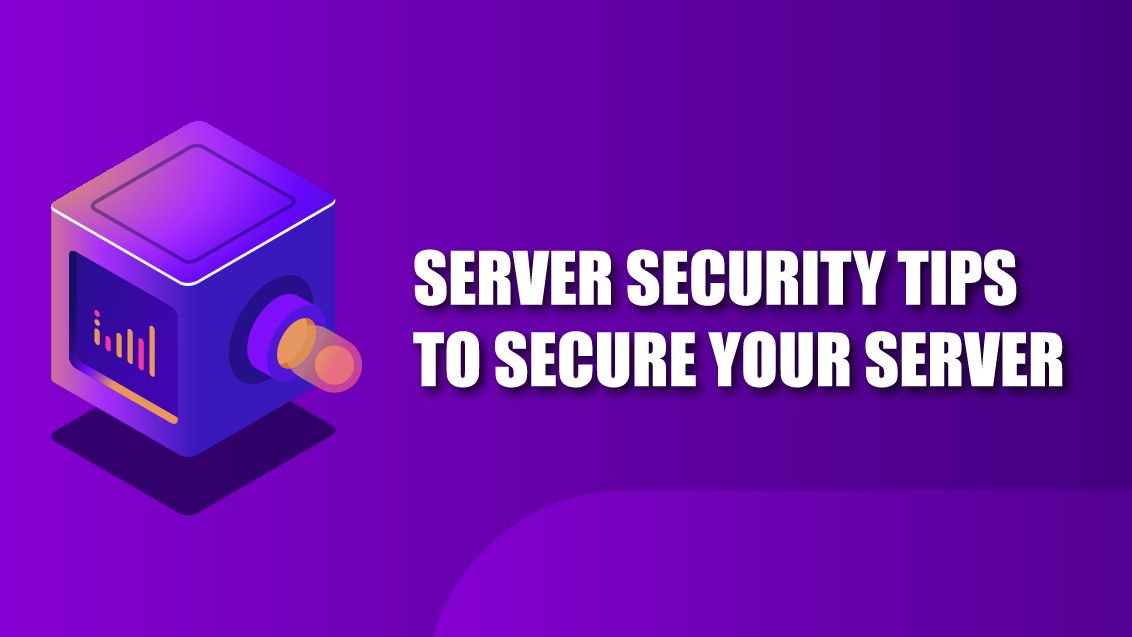Server security is a crucial aspect of any business’s IT infrastructure. A server is a powerful computer that is used to store, process, and distribute data and information to other computers on a network. As such, it is a vital component of any organization’s operations, and protecting it from security threats is essential.
There are many different threats that can compromise the security of a server, including viruses, malware, and other malicious software. In addition, hackers may try to gain unauthorized access to a server in order to steal sensitive data or disrupt its operations.
To ensure the security of a server, it is important to implement a number of measures. These can include installing and regularly updating security software, such as firewalls and antivirus programs. In addition, it is important to implement strong passwords and to regularly change them to prevent unauthorized access.
Another important aspect of server security is to limit access to the server to only those who need it. This can be done by implementing user authentication and access controls, which require users to provide a username and password in order to gain access to the server.
In addition, it is important to regularly back up important data on the server, so that it can be recovered in the event of a security breach or other disaster. This can be done by creating regular backups of the server’s data and storing them on a separate device or in the cloud.
Overall, server security is a critical aspect of any business’s IT infrastructure. By implementing effective security measures, businesses can protect their servers from a range of threats and ensure the smooth and secure operation of their IT systems.
